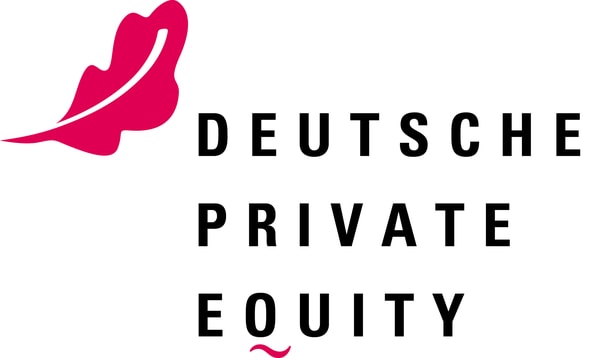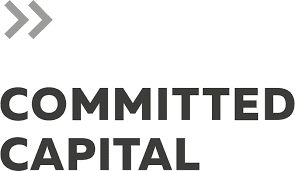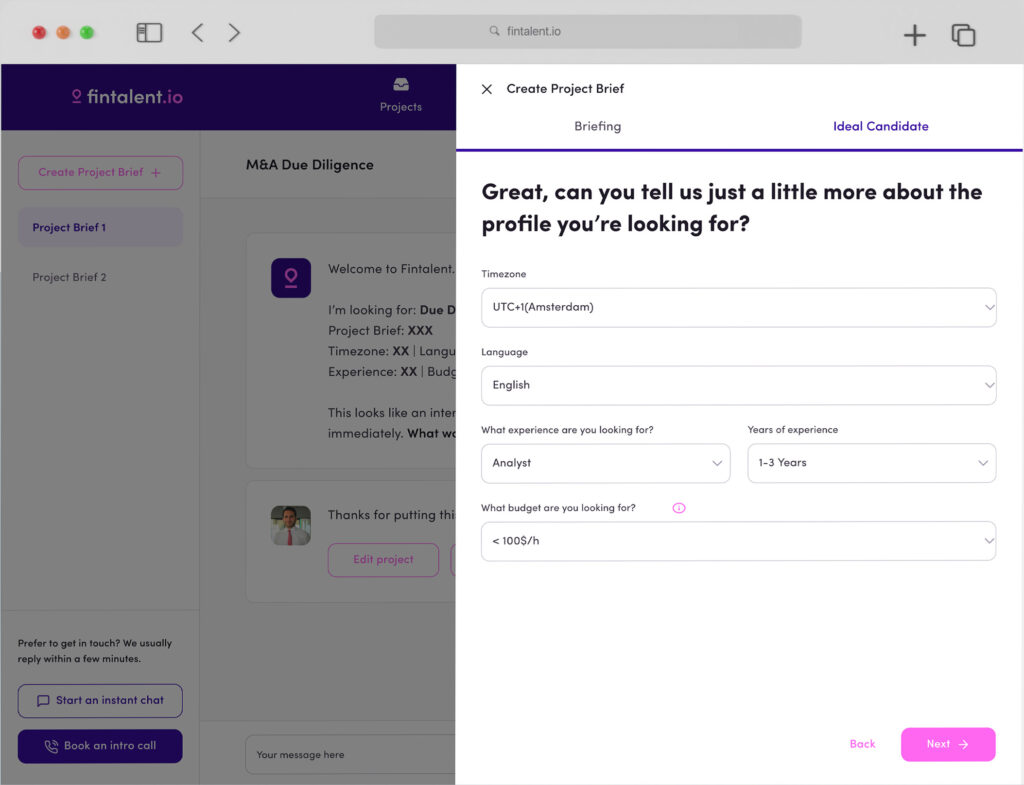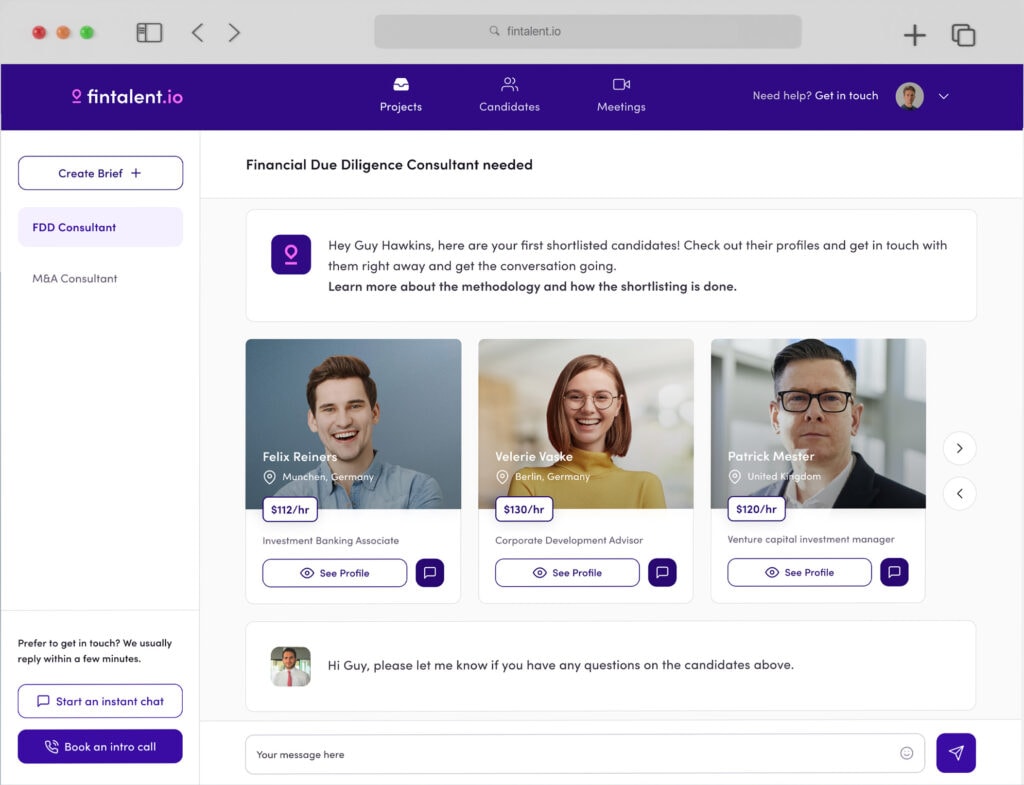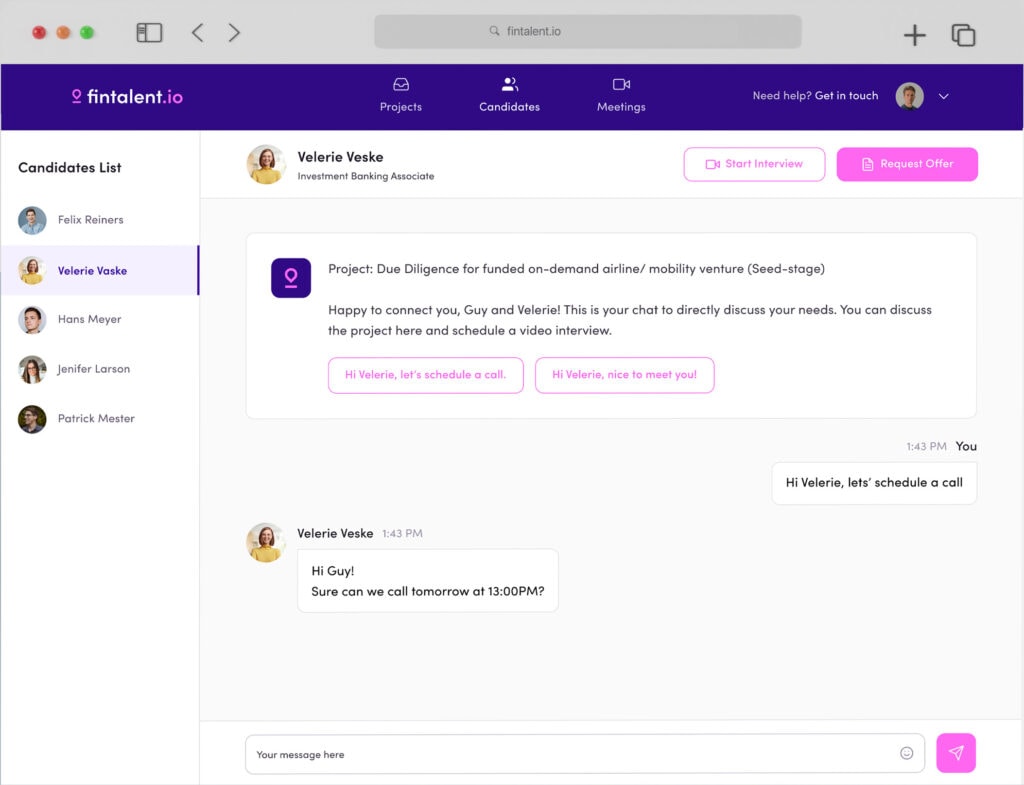What is a Strategic Planning Consultant?
A strategic planning consultant is a professional who helps organizations identify their long-term goals and develop actionable plans to achieve them. They analyze existing business structures, processes, and goals, and then create comprehensive strategic plans that align with the organization’s mission and vision. This can involve conducting market research, SWOT analysis, competitor analysis, and financial projections. The ultimate goal is to provide guidance that can help organizations improve their operations, financial performance, and competitive positioning.
What Skills and Qualifications Should a Strategic Planning Consultant Have?
Strategic planning consultants should possess a variety of skills and qualifications to effectively aid your organization. Here are some key ones to consider:
-
Educational Background: A bachelor’s degree in business, finance, economics, or a related field is typically required. An MBA or a similar advanced degree can be an added advantage.
-
Experience: Extensive experience in strategic planning and business development is crucial. They should be familiar with business operations, financial planning, market analysis, and performance metrics.
-
Analytical Skills: Strategic planning consultants should have strong analytical abilities to evaluate business operations, analyze market trends, and make sound strategic recommendations.
-
Communication Skills: They should be able to communicate clearly and effectively, both orally and in writing. This is important for presenting strategic plans and recommendations to stakeholders.
-
Problem-Solving Skills: As strategic planning often involves addressing complex business challenges, consultants should be capable problem solvers.
-
Project Management Skills: Effective strategic planning involves managing multiple tasks and projects simultaneously. Hence, solid project management skills are important.
Why Hire a Strategic Planning Consultant?
Hiring a strategic planning consultant can provide several benefits to your organization:
-
Expertise: Consultants bring specialized knowledge and experience in strategic planning that may not exist within the organization.
-
Objective Perspective: An external consultant can provide an unbiased perspective and identify issues or opportunities that internal teams might overlook.
-
Resource Efficiency: Consultants can focus on strategic planning while allowing your team to concentrate on their core responsibilities.
-
Custom Solutions: Strategic planning consultants can provide tailored solutions that align with your organization’s unique needs and goals.
What to Look for When Hiring a Strategic Planning Consultant?
When hiring a strategic planning consultant, consider the following:
-
Experience: Look for consultants with a proven track record in strategic planning within your industry.
-
Methodology: Understand their approach to strategic planning. It should be systematic, data-driven, and adaptable to your organization’s needs.
-
References: Ask for references from past clients to gauge their performance and reliability.
-
Alignment with Company Culture: The consultant should be able to understand and align with your company’s culture for a successful working relationship.
How to Work Effectively with a Strategic Planning Consultant?
To make the most of your relationship with a strategic planning consultant:
-
Set Clear Expectations: Clearly communicate your goals, timelines, and expectations at the onset of the engagement.
-
Maintain Open Communication: Regular communication can ensure alignment and timely resolution of any issues.
-
Provide Necessary Information: Ensure the consultant has access to all necessary information to perform their work effectively.
What Questions to Ask a Potential Strategic Planning Consultant?
When interviewing potential consultants, consider asking the following questions:
- Can you describe a strategic plan you developed and implemented in the past? What was the outcome?
- How do you approach strategic planning? Can you walk me through your process?
- Can you share a situation where you helped a company overcome a significant business challenge through strategic planning?
- How do you ensure alignment with the client’s vision and objectives when developing a strategic plan?
- Can you provide references from past clients?
Understanding the Costs
Before hiring a strategic planning consultant, you must understand the costs involved. These can vary widely based on the consultant’s experience, the project’s complexity, and the length of the engagement. Some consultants charge a flat rate, while others work on an hourly or daily basis. Consider your budget and negotiate a fee structure that provides value and fits within your financial constraints.
Evaluating the Consultant’s Fit with Your Organization
The consultant’s fit with your organization is just as important as their qualifications. This includes alignment with your company culture, understanding your industry, and having a communication style that meshes with your team. A good fit can lead to a more productive working relationship and a better strategic plan.
Post-Hiring Steps
Once you’ve hired a strategic planning consultant, establish clear communication lines and regular check-ins to discuss progress. It’s crucial to keep all relevant stakeholders informed about the process and any changes to the strategic plan. After the consultant’s work is complete, consider seeking their support in implementing the strategy or conducting follow-up assessments to gauge the plan’s effectiveness.
Common Pitfalls and How to Avoid Them
Be aware of common pitfalls when hiring a strategic planning consultant. For example, avoid consultants who promise unrealistic results or those who lack experience in your industry. To avoid such pitfalls, thoroughly vet each potential consultant, ask for references, and discuss your expectations upfront.
Achieving Success with a Strategic Planning Consultant
Ultimately, the success of the engagement depends on both the quality of the consultant and your organization’s willingness to embrace their expertise and guidance. By clearly defining goals, maintaining open communication, and fostering a collaborative relationship, you can ensure the strategic planning process leads to measurable improvements and a robust plan for your organization’s future.
Following this guide can help you navigate the process of hiring a strategic planning consultant, ultimately leading to a successful partnership and a strategic plan that aligns with your organization’s mission and goals.


